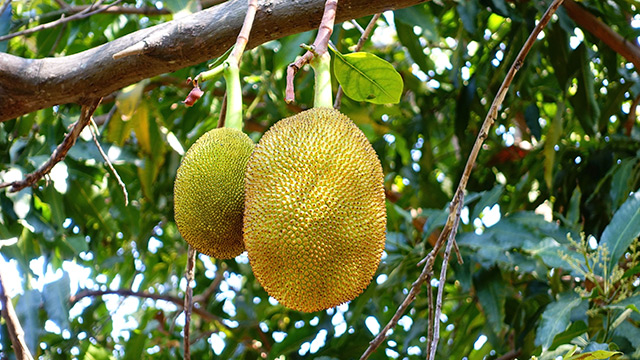Women need a balance of omega 3s and omega 6s during pregnancy
04/04/2018 / By Jessica Dolores

Pregnancy is something all women should have the privilege of enjoying. It means having the power to nurture life, feel it grow, and see it come alive before a mother — and a father’s — unbelieving eyes.
Not all women can enjoy this privilege, and responsibility, however. Some can’t conceive at all. Others suffer short-term pregnancies. Thus, those who get pregnant need all the help they can get in taking care of theirs — and their unborn baby’s health.
This is where omega (n)-3 PUFA and their metabolites come in. A study published in the Journal of Nutrition & Intermediary Metabolism attest to the value of these polyunsaturated fatty acids in boosting a pregnant women and her fetus’ health. It enhances the development of the baby’s brain and reduces the likelihood of premature birth, especially in women with a history of nutrient deficiency and pre-term births. (Related: Daily smoothie with vitamin D and omega-3 oils found to improve fertility in women.)
There’s more good news. Taken in the right amounts, omega-3 and omega-6 in fish oil can prolong the duration of pregnancy, reduce the danger of low infant weight, and enhance the baby’s health in general. As in everything, though, too much of anything is dangerous. The same study shows that excessive amounts of polyunsaturated fat can overextend pregnancy and raise baby’s birth weight, thus endangering a mother and child’s health — and even life.
Wise is the pregnant woman who seeks her obstetrician’s advice in how to get just the right amount of omega-3 for her unborn child. Still, consuming fish oil from the moment she finds out that she’s pregnant, is still a good way to start.
Fish, of course, is the most common source of omega-3. But pregnant women who are not into fish need not lose hope. They can turn to these alternative natural sources of omega-3 instead:
- Canola oil — The Institute of Medicine recommends that women take at least 1,600 mg a day of canola oil.
- Flaxseed and flaxseed oil — This contains alpha-linolenic acid (ALA), which the body turns into eicosapentaenoic acid (EPA) and docosahexaenoic acid (DHA), which the Harvard Medical School Family Health Guide says are both present in fish.
- Wild rice — Just half a cup has 240 mg of omega-3 fatty acids. Wild rice also has twice as much protein and fiber as brown rice, and is rich in B vitamins, manganese, zinc, potassium, phosphorous and magnesium. It is low in calories to boot.
- Soybeans — Half a serving of boiled, shelled green soybeans has 300 mg of plant-sourced omega-3 fatty acids. It is also overflowing with protein (11 grams per half a cup) and fiber (nine grams per half a cup).
- Walnuts — This heart-healthy food packs in as much as 2,500 mg of polyunsaturated fats per ounce. So next time you cook vegetables, try using walnut oil instead of olive oil.
- Dairy foods — Cows, goats and sheep that feed on grass produce milk with more omega-3. You can also check out the label for dairy products that contain omega-3.
A healthy diet is just one of the many ways to ensure a hassle-free pregnancy. An expectant mom needs exercise to control weight, boost circulation, stay positive, and get better sleep. She needs to dig into hers and her husband’s family history for problems that may crop up during and after pregnancy. This way, she can discuss any medical concern with her obstetrician. The expectant mom also needs to stay away from harmful chemicals like lead and asbestos, and bacteria that lurk everywhere — from kitty litter to raw or spoiled food. She should not lift heavy objects, stand for long periods of time especially beside a hot stove. She should check her weight regularly to make sure her baby is growing normally.
Pregnant women tend to have a larger shoe size because additional fluid in their feet and ankles enlarges the feet. So now is the time to get a new pair of shoes.
An expectant mom is not living for herself alone. She has another life to care for and to love. That’s the privilege — and the miracle — motherhood bestows to those who embrace its challenges and rewards.
Sources include:
Tagged Under: alpha-linolenic acid, docosahexaenoic acid, eicosapentaenoic acid, gestational health, hassle-free pregnancy, nutrients, omega 3, omega-3 fatty acids, Omega-6, pregnancy, prenatal nutrition, proper diet, proper nutrition, women's health



















